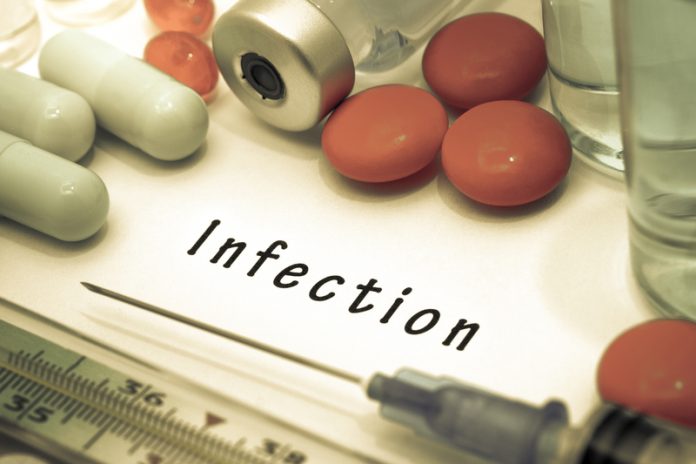Elaine Ross, board member of the Infection Prevention Society (IPS) details the key issues around infection prevention and control (IPC) in the UK today
By way of an introduction, infection prevention and control (IPC) covers both the hospital and the community environment, Elaine Ross, board member of the Infection Prevention Society (IPS) explains. She says that infection prevention and control (IPC) should take place wherever care is being delivered, often in health and social care settings. Ross then expands this point in her own words.
“This will cover things from hand hygiene, cleanliness of the environment, as well as encouraging personal hygiene and responsibility and careful antibiotic, prescribing. We should also be undertaking surveillance, which looks for the types of infections that are going to cause a threat and helps us to design our services appropriately.”
It is, of course, important that high standards are maintained when it comes to cleaning hospitals, despite pressures on tight budgets and growing workloads. Ross is keen to share her thoughts on this important point.
“We cannot underestimate the importance of the environment and the part it plays in infection prevention and control (IPC). People cared for in an environment where they might touch a surface that has been contaminated by microorganisms, for example, vulnerable people being cared for in hospitals are much more likely to contract an infection.
“It is therefore really important that hospitals and other settings where care is delivered are kept as clean as possible because we are dealing with vulnerable people. Numerous studies have been made where you can link somebody’s infection to a contaminated environment, whether that is equipment or the room itself.”
Concerning the main issues today facing teams working in infection prevention and control, in both health and social care, Ross points out that it comes down to having appropriate levels of qualified specialists.
“We need to invest in ongoing education around infection prevention and control (IPC) because the areas we are dealing with are evolving, including the environment and organisms. The nature of healthcare is changing and as such, Infection Prevention Society (IPS) believes that we need to adapt, but we need people in the infection prevention and control teams to have specialist knowledge around infection prevention and control (IPC).”
Infections and healthcare
Ross also reveals the main policy challenges around infection control in the UK and is keen to tell us that there have been massive gains made in tackling healthcare associated infections particularly methicillin-resistant Staphylococcus aureus (MRSA) and Clostridium difficile (C. difficile) over the past 10 years.
“Infection Prevention and Control teams are now being asked to tackle the infections in blood streams such as E. coli, which we should rightly do, to tackle infections that may not occur in hospitals, but in community settings. What we see in hospitals is the end-result of a community infection and particularly concerning urinary tract infections (UTIs).
“It’s therefore very important to educate the community on how to avoid urinary tract infections in the first place, plus when and how to seek help so that they get assistance before it becomes a bloodstream infection (BSI) and sepsis – which can kill.”
In closing, Ross underlines what needs to be done to prevent infections occurring in the future, stressing that surveillance needs to be pursued and points to a greater number of antibiotic-resistant infections occurring.
“If we don’t look for them, then we don’t know how to tackle the cause of them. Another key aspect of IPS’ work is to help educate the public and ensure they can best protect themselves against infection, through simple steps such as thorough handwashing. They can do that outside of the hospital environment – and they can help with those who work in hospitals as well.”
Elaine Ross
Board member
Infection Prevention Society (IPS)











